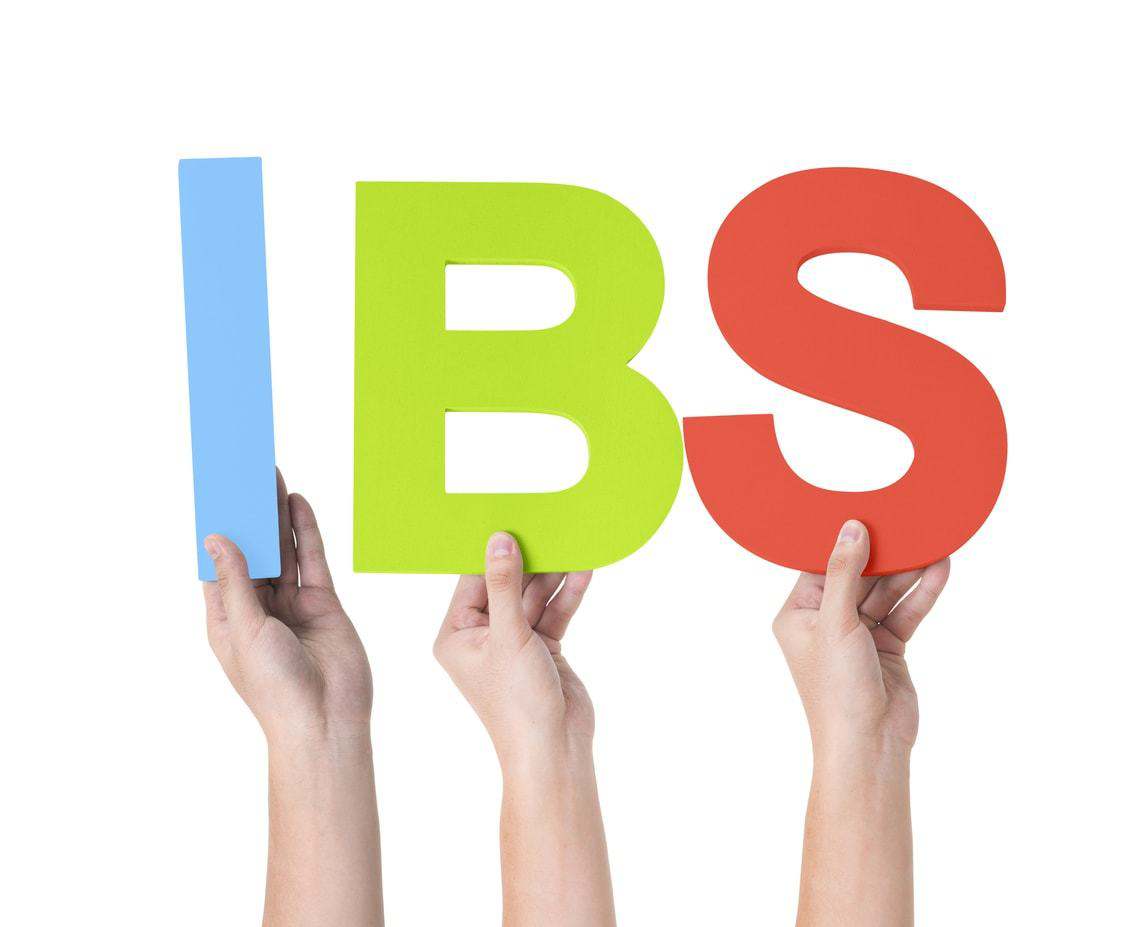
Irritable Bowel Syndrome (IBS) is a common chronic condition affecting the large intestine. It is characterized by a group of symptoms, including abdominal pain, cramping, bloating, and changes in bowel habits. IBS can present primarily with diarrhea (IBS-D), constipation (IBS-C), or a combination of both (IBS-M). Effective management involves understanding these symptoms and employing appropriate treatment strategies.
Identifying Triggers
Identifying personal triggers is crucial for managing IBS symptoms effectively. Common triggers include certain foods, stress, and hormonal changes. Foods that may exacerbate IBS symptoms include fatty foods, dairy, alcohol, and caffeine. Keeping a food diary can help pinpoint specific dietary triggers. Stress management techniques, such as yoga, meditation, and regular exercise, can also alleviate symptoms. Hormonal changes, particularly in women, may influence the frequency and severity of IBS symptoms, necessitating personalized management strategies. Recognizing and avoiding these triggers can significantly reduce the impact of IBS on daily life.
Symptoms of IBS with Diarrhea and Constipation
Individuals with IBS experience a range of symptoms that can fluctuate over time. The predominant symptoms associated with IBS include:
- Diarrhea (IBS-D): Frequent, urgent, and watery stools are common. This can lead to a significant disruption in daily activities due to the urgent need to use the restroom.
- Constipation (IBS-C): Infrequent, hard, and dry stools that are difficult to pass. This can cause discomfort, bloating, and a sensation of incomplete evacuation.
- Mixed IBS (IBS-M): Alternating between diarrhea and constipation, which can be particularly challenging to manage.
- Abdominal Pain and Cramping: Often linked to bowel movements and relieved after passing stool.
- Bloating and Gas: A sensation of fullness and increased gas can cause significant discomfort.
- Mucus in Stool: Some individuals may notice mucus in their stool, which is a common feature of IBS.
Causes of IBS
The exact cause of IBS is not known, but several factors are thought to contribute to its development:
- Gut-Brain Interaction: Miscommunication between the brain and the gut can affect bowel function.
- Muscle Contractions: Abnormalities in the muscle contractions of the intestines can lead to symptoms. Stronger and longer-lasting contractions can cause diarrhea, while weaker contractions can lead to constipation.
- Nervous System: Increased sensitivity in the intestines can result in greater discomfort from normal digestive processes.
- Inflammation: Some individuals with IBS have increased numbers of immune-system cells in their intestines, which can cause pain and diarrhea.
- Severe Infection: IBS can develop after a severe bout of gastroenteritis.
- Changes in Gut Microbiome: An imbalance in the gut bacteria can contribute to IBS symptoms.
Treatment Options for IBS
Managing IBS, particularly when it involves both diarrhea and constipation, requires a comprehensive approach that includes lifestyle modifications, dietary changes, and medications.
Dietary Changes
- Low FODMAP Diet: This diet involves reducing the intake of certain carbohydrates that are poorly absorbed in the gut, which can help alleviate symptoms in many IBS patients.
- Fiber Intake: Soluble fiber supplements, such as psyllium, can help manage both diarrhea and constipation by regulating bowel movements.
- Avoid Trigger Foods: Identifying and avoiding foods that trigger symptoms, such as dairy, caffeine, spicy foods, and fatty foods, can be beneficial.
- Hydration: Drinking plenty of water is important, especially for those with IBS-D to prevent dehydration and for those with IBS-C to help soften stools.
Medications
- Antispasmodics: Medications like hyoscine and dicyclomine can help reduce abdominal pain and cramping by relaxing the muscles in the gut.
- Laxatives: For IBS-C, osmotic laxatives like polyethylene glycol can help relieve constipation by drawing water into the intestines and softening stools.
- Anti-diarrheal Medications: For IBS-D, loperamide can help control diarrhea by slowing down bowel movements.
- Probiotics: Beneficial bacteria supplements can help restore the natural balance of gut bacteria and improve symptoms.
- Antidepressants: Low doses of tricyclic antidepressants (e.g., amitriptyline) can help reduce pain and improve bowel function. They also help manage any associated anxiety or depression.
Lifestyle Changes
- Stress Management: Stress can exacerbate IBS symptoms. Techniques such as yoga, meditation, cognitive-behavioral therapy, and regular exercise can help manage stress levels.
- Regular Exercise: Physical activity can improve overall health and help regulate bowel movements.
Monitoring and Follow-Up
Regular follow-up with a healthcare provider is crucial for managing IBS effectively. This includes monitoring symptoms, adjusting medications as needed, and addressing any new or worsening symptoms promptly.
Conclusion
Managing IBS with symptoms of both diarrhea and constipation involves a multifaceted approach that includes dietary changes, lifestyle modifications, and medications. Understanding the underlying causes and triggers of IBS can help individuals work with their healthcare providers to develop an effective treatment plan that improves their quality of life. Regular monitoring and adjustments to the treatment plan are essential to manage this chronic condition effectively.
